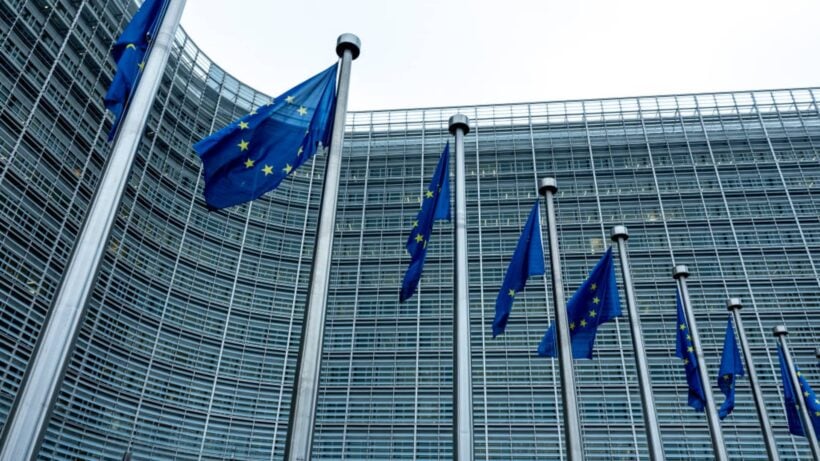
Omar Havana | Getty Images News | Getty Images
The European Union on Wednesday voted to approve its first set of retaliatory measures to counter tariffs imposed by the U.S. on steel and aluminum.
The European Commission, the bloc’s executive arm, said duties would start being collected from April 15. The response package was unveiled last month targeting a range of goods.
The 27-nation bloc had warned it would act to protect European business and consumers after U.S. President Donald Trump imposed 25% duties on the metals.
“The EU considers US tariffs unjustified and damaging, causing economic harm to both sides, as well as the global economy. The EU has stated its clear preference to find negotiated outcomes with the US, which would be balanced and mutually beneficial,” the European Commission said.
The EU also faces tariffs of 20% on almost all its U.S. imports, as part of Trump’s targeting of over 180 countries and territories, as announced by the White House leader on April 2.
European Commission President Ursula von der Leyen at the time said the EU was ready to retaliate unless negotiations with the U.S. administration were successful.
“We are prepared to respond,” she said, adding that the EU was preparing for further countermeasures to protect its interests and businesses. But, von der Leyen also called for talks with the U.S., saying it was “not too late to address concerns through negotiations.”
Maros Sefcovic, the EU’s commissioner for trade and economic security, said Monday that the bloc would start collecting a first tranche of tariffs on U.S. imports from April 15, with a second set of measures following on May 15.
The U.S. tariffs are impacting 380 billion euros ($420.45 billion) worth of Europe’s exports to the United States, amounting to around 70% of total exports, Sefcovic said during a press briefing.
“To put it in perspective, that’s over 80 billion euros in duties, an eleven-fold jump from the 7 billion [euros] the U.S. currently collects,” he added.

